Description
“Our peaberry lots hold a very special place in our hearts. These lots represent Long Miles, even Burundi, as a whole, in a way that a micro-lot from a very specific geographical area cannot.” Very true words from the team at Long Miles Coffee Project, the producer of this unique blended peaberry, one of the rare preparations of this kind and quality we’ve seen available in Burundi. And we agree: top quality regional blends from Burundi are difficult to find, so we were delighted to learn that each year the Long Miles team produces a small amount of screen 14-15 peaberry coffee, sorted out of their best microlots throughout the season and blended together.
Tasting Notes: A awesome and super clean Burundi coffee. Fuller bodied, a bit of lemony floral acidity upfront, with a little soft fruit tone as the cup cools. A smooth and rich chocolaty cup profile to balance it out. Hints of an herbal/tea like tone in the aftertaste letting you know its an African coffee but not nearly as potent as many. A bit sizzling at lighter roasts (higher acidity) but tasty for those who enjoy the profile. Smooth and a bit sweet at a medium roast, much heftier into the darker roast, turning it into a strong and fuller bodied cup. A great African cup and not too acidic, one almost everyone will like.
Roasting Notes: Easy to roast, super clean coffee, holds a lighter roast very nicely, but quite tasty darker as well. Medium chaff and super even roasting. A very fun bean to play with roast level. Tasty anywhere you take it.
Normally, Long Miles is a microlot business through and through. All of their infrastructure, systems, employees, and marketing are designed to support large numbers of unique and fully traceable coffee. LMCP organizes their farmer base by the hills they live on, designating delivery days of the week for each microregion. This is common practice for processors in Burundi, but unlike most, LMCP separates every hill and delivery day until processing is complete and a quality assessment has been made. Doing so in Burundi is especially difficult because farms produce very little cherry and are scattered across broad landscapes. They are also numerous, requiring the successful coordination of hundreds of farmers and processing staff just to produce a single differentiated lot. Such an effort requires sustainable prices to support, so the coffee itself needs to be as delicious as possible. Fortunately, LMCP excels at identifying landscapes and communities with potential, and investing heavily in farmer livelihood. With this formula they are easily producing many of the country’s best coffees each year.
Long Miles operates 3 washing stations: Bukeye, their first, in Muramvya province, and Heza and Ninga, their second and third, both located in Kayanza province. Surrounding farmers that Long Miles works with often grow onions, tea, wheat, cabbage, corn, cassava and peas, all in addition to their coffee. Long Miles themselves manage 2 farms of their own on Nkonge hill, part of Heza’s catchment area, with a total of 5,334 coffee trees in production. All smallholder farmers are registered partners with Long Miles and receive not only highly competitive prices and post-harvest premiums for their cherry, but also farm-level trainings covering canopy and fertilizer development, pruning, harvesting for quality and integrated pest management. Farmer trainings are all provided by local “Coffee Scouts”, Long Mile’s team of community-based trainers who serve as local instructors. The education and high prices combined have helped many farmers renew their faith in coffee as a long-term livelihood. Long Miles works with a total of 5,700 farmers between their 3 washing stations, servicing 11 different hills.
Washed processing at all 3 stations undergoes the same steps. Cherry is first floated and hand-sorted for maximum ripeness upon delivery. Once the cherry is depulped the parchment undergoes a double fermentation process, including a 12-hour dry fermentation, followed by a 24-hour wet fermentation, during which the parchment is submerged entirely in spring water. After the set of fermentations is complete the parchment is “footed”, or agitated by dancing barefoot in the parchment to help the decomposed mucilage completely detach. Once the agitation is complete, the parchment is rinsed in fresh water, graded by density, and left to soak another 4-6 hours in a final rinse tank. Post soak, the parchment is moved to shaded drying beds to allow residual surface water to evaporate, during which it is hand-sorted for any insect damage and visual imperfections. Parchment is then moved again to the larger beds with no shade to dry completely, a process that typically takes 16-20 days.
Peaberries are a naturally-occurring small and round bean shape that all coffees in the world contain. In Burundi, however, only 15+ screen size coffee is considered micro-lot quality, leaving the perfectly good smaller screens, such as the peaberries, rejected. Long Miles holds the peaberry sortings from each of their microlots throughout the harvest and then blends them together at the end of each year. They hand sort over and over again until the lot is the best it can be, creating a unique presentation of a regional blend that comes from their best overall coffees. Not only is the coffee citrusy, floral, and peachy sweet, but the physical consistency means the coffee is exquisitely easy to control in the roast.
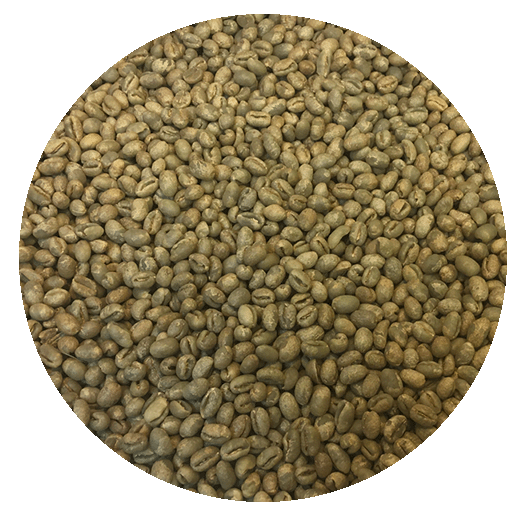
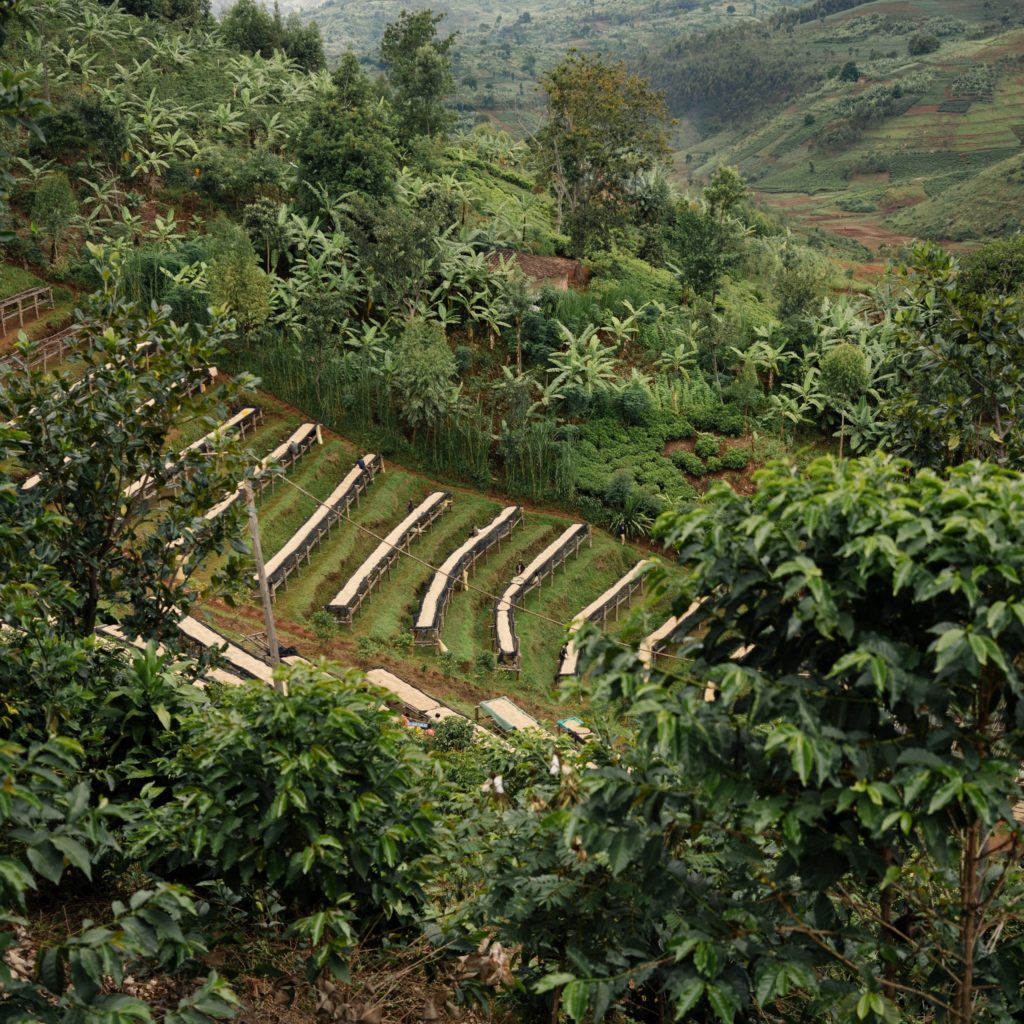
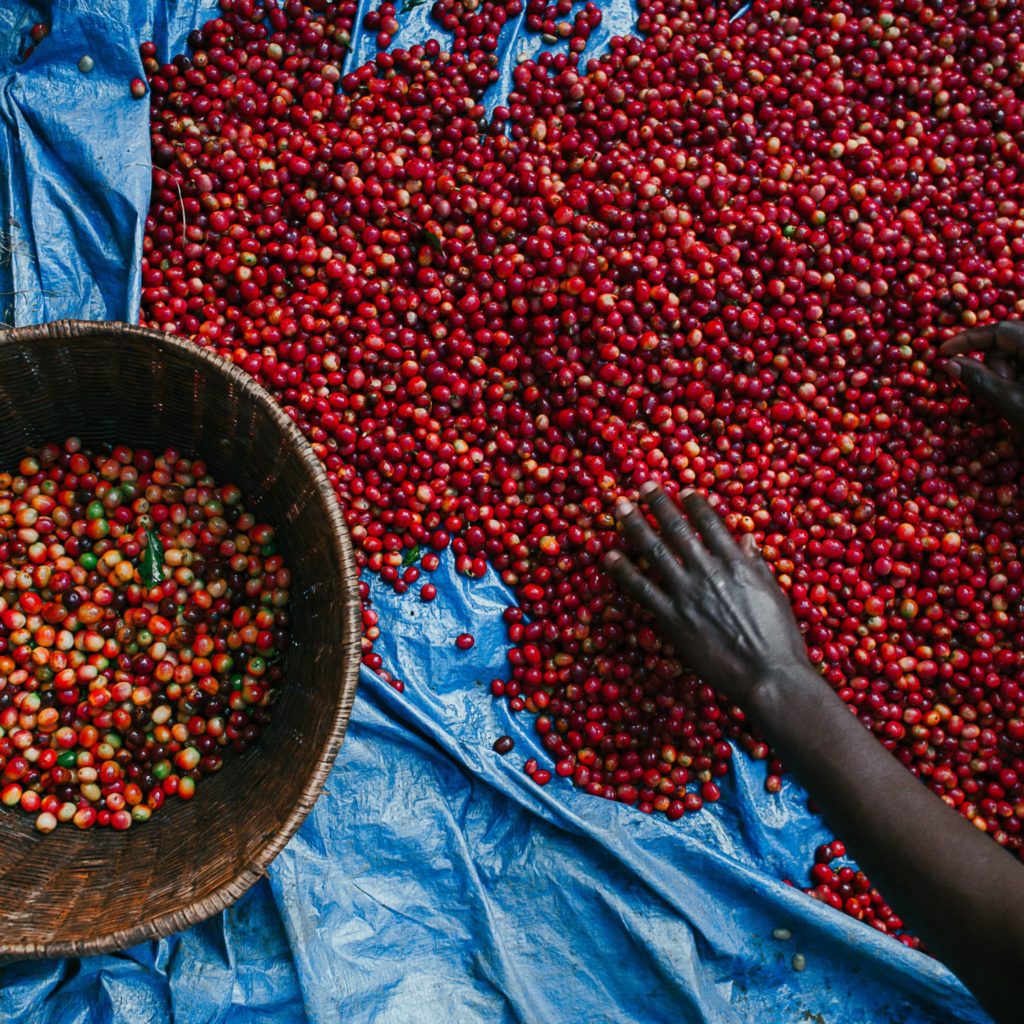
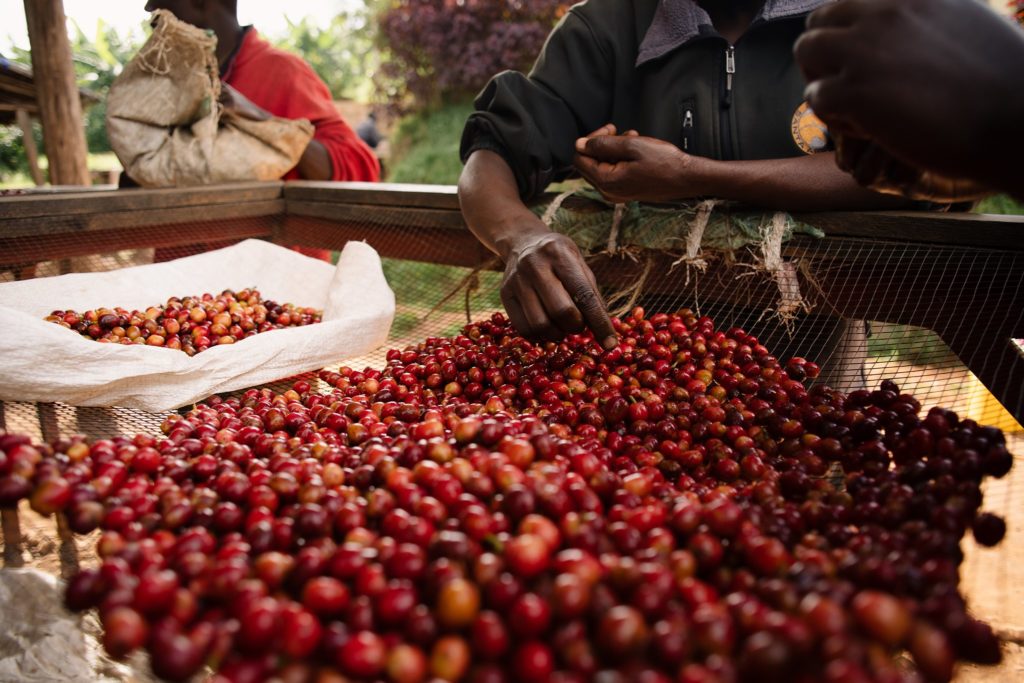
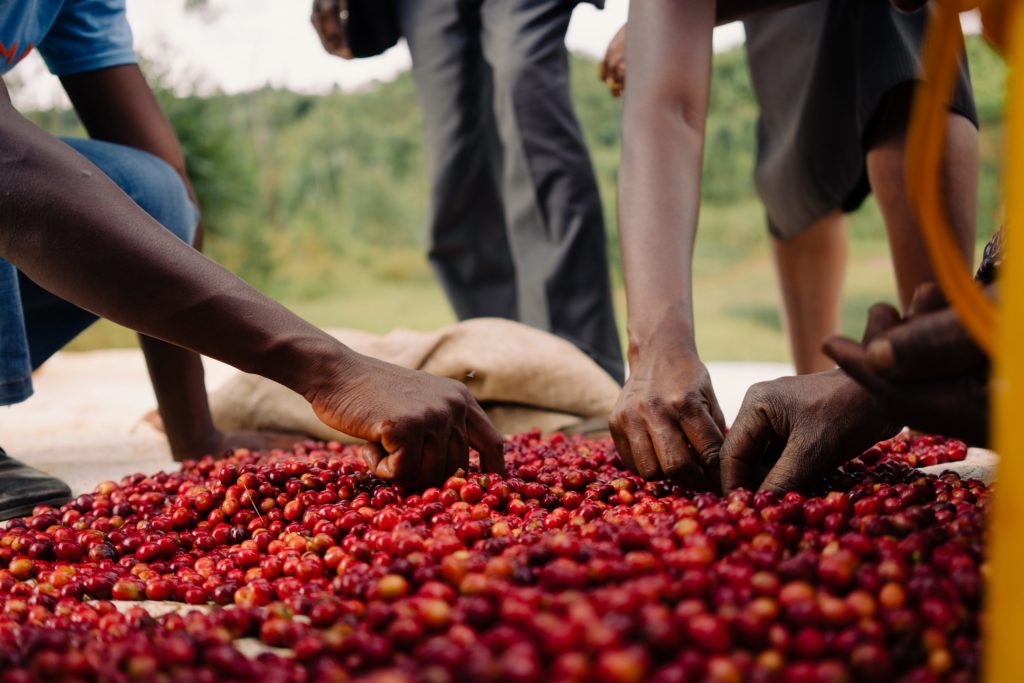
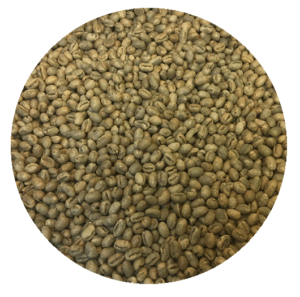
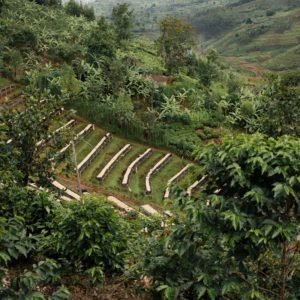
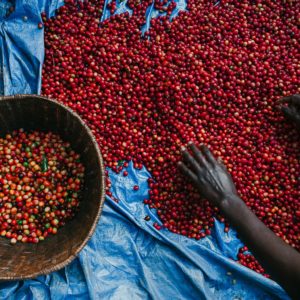
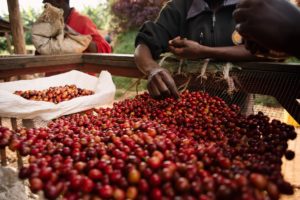
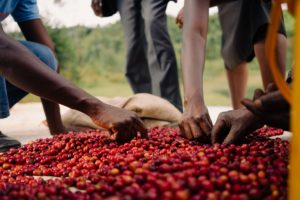

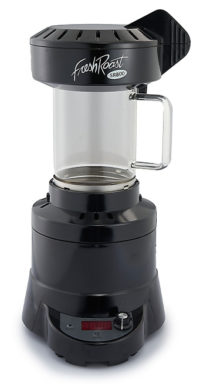
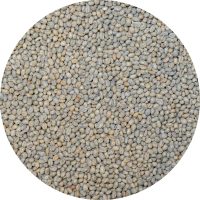
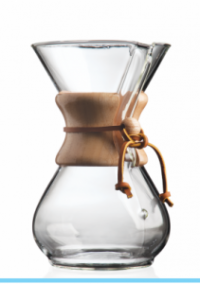

sandranbob (verified owner) –
One terrific African coffee. Roasted light and found it as described. Several who tried it agree and wanted more.
boochuckles (verified owner) –
Light city roast was incredibly flavorful and smooth. It had a honey sweet chocolate undertone with no winey bitter. People who added sugar noted it needed less. I’m craving more but it’s been unavailable for over a year. If I had only one bean to roast, I would be content with Burundi.